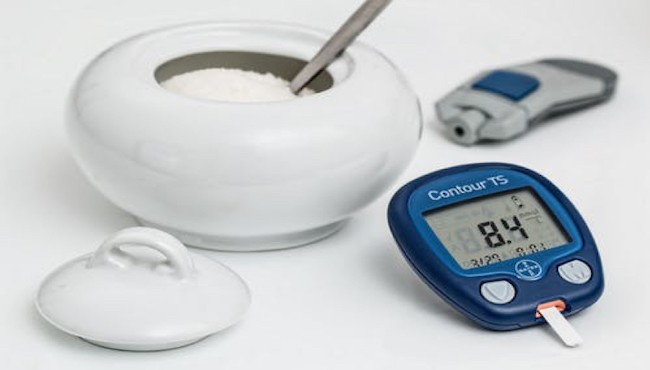There is no better way to show that you love yourself than by taking great care of your health. Let’s face it, nobody wants to reach the end before they have to, and today, health issues are in no short supply. So why take the risk of suddenly discovering something dreaded and unforeseen, when the technology that is available to you today, could end up saving your life today?

Early disease detection saves lives, and it’s as simple as that. Health screening is a process that enables you to find out if you have a disease or not, even if you do not display any signs or symptoms related to an illness. You may seem to be in perfect health otherwise. That is the majesty of health screening. It affords you the early detection of a potentially fatal disease, allowing you to make the necessary medical and lifestyle adjustments necessary to avoid the seemingly inevitable.
What it is, and Who Should Go for It?
Having your health screened, regardless of your age, is important for everyone. It involves a simple yet necessary battery of tests, physical examinations and procedures that enable the early detection of diseases. Upon discovery, early treatment and proper adjustments can be made to lower the risk and possibly avoid the risks entirely. Health screening is a procedure for everyone, even those that feel like they are in perfect health, and is a practice that should be made routine until you are well into your golden years. Having a regular health screening schedule is important for the maintenance of your health, regularly keeping you up to date with the ongoing changes in your health and body.
The Deadly Dozen
Health screening is an essential part of a good medical and regular, healthy lifestyle practice, and is essential in the detection of silent and potentially life-threatening diseases. Once you do decide to go for a health screening, you will be checked for signs and symptoms relating to some of the following life-altering diseases and conditions: heart disease, stroke risk, early lung cancer, arthritis, thyroid, ovarian cancer risk, diabetes, and peripheral arterial disease. Early detection of these conditions is vital to prevent them from fully manifesting or reaching a stage that may be too late to treat effectively.
How to Evaluate your Health Screening Test
The whole purpose of a health screening is to identify an unrecognised disease or similar condition in people who feel healthy and well, and display no signs or symptoms of any ailments. Therefore, screenings should be applied to those conditions, as well as meeting the following criteria:
- Consider your treatment options– the methods of treatment must be acceptable and fully available to you
- Impact of the illness– the condition or disease must have a significant effect on a person’s quality of life, and/or the life expectancy
- High incidence of disease– the number of new and identifies cases must be sufficient enough to justify the cost of the screening
- Screening must be easy – the tests are simple to perform and interpret while being comfortable to the patient
- Costs must be reasonable – screening should be available at a reasonable cost, this includes the evaluation of false positive results and the possible resultant physiological impact
Having your health screening done regularly is the best way to detect and prevent the onset of many unexpected diseases and conditions, providing the necessary information to make essential adjustments to one’s lifestyle and habits. Your health is in your hands, so take charge and don’t be afraid to get your hands a little dirty. You never know how far that little dirt might just go.

